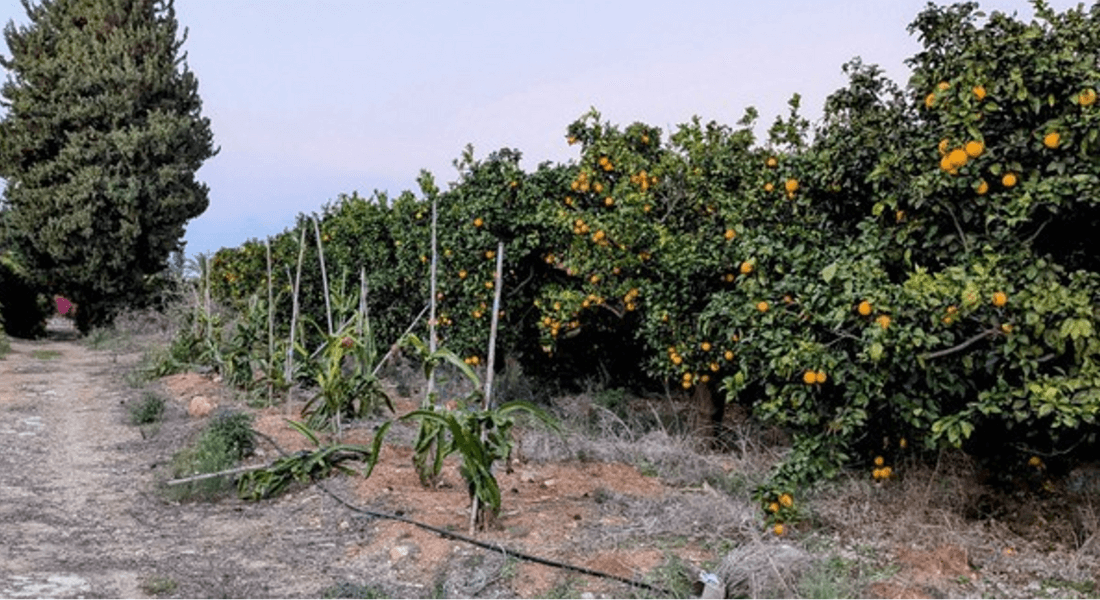Newsletter 7 February
Dear Reader,
These are indeed painful, historical and tumultuous times if you come from SWANA region (Southwest Asia and North Africa), where families are reuniting after war, returning to their dismantled houses, mourning and burying loved ones, asking for justice and restoration; some still looking for those disappeared. These are also crucial times to (re) think the kinds of possible healing and repair from/in war, political violence and genocide today.
As scholars of/in SWANA attempt to comprehend and theorize these times, communal calls are rising for a justice and context-based mental health practice, whether in Syria (with the fall of the Asad regime and the calls for a transitional justice for the disappeared, tortured and detained), Palestine (with the Israeli genocide and occupation) and Lebanon. They ask: what is the role of the social sciences and humanities in SWANA today? What kind of ethical and liberational knowledge on healing and recovery is possible?
As a scholar, psychotherapist and social worker from South Lebanon who works in European academia, my affective engagement with SWANA informs my scholarship and the questions I ask about the role of mental health practitioners in shaping these discussions, and the limitations of concepts like trauma and resilience in contributing to a physical, psychic and communal healing.
Simultaneously, I am fascinated by the illegibility of this violence and suffering in Europe. One of the interesting books that I recently read was Didier Fassin's "Une étrange défaite. Sur le consentement à l'écrasement de Gaza" (2024) . A French moral anthropologist whose work immensely influenced anthropology of humanitarianism, Fassin addressed what he called the moral abdication towards this violence, amassing mounting knowledge, evidence and literature from Palestinian scholars, practitioners and human rights workers.
The book might seem obvious for SWANA natives and scholars; most of this information they already know. Yet, the book, with its amalgamated evidence, signals to the invisibility of this violence and the suffering it causes. Reading Fassin's book reminded me of the film Caché (Hidden) in 2005 by the brilliant Austrian filmmaker Michael Haneke, who takes on the relationship between France and its colonial violence, another violence whose suffering remains illegible, impossible to remember and see by the liberal and intellectual French characters in the film.
I reflect on these critiques (Haneke and Fassin) together with communal calls for a life worth living in SWANA, as a reminder of how pivotal justice and morality are for a long-lasting psychic healing of subjects and collectives in times of war.
By Lamia Moghnieh
Associate Professor
 Orange trees in Lebanon.
Orange trees in Lebanon.
Subscribe to our newsletter
Enter your email to subscribe to CULTMIND Kaleidoscope.
